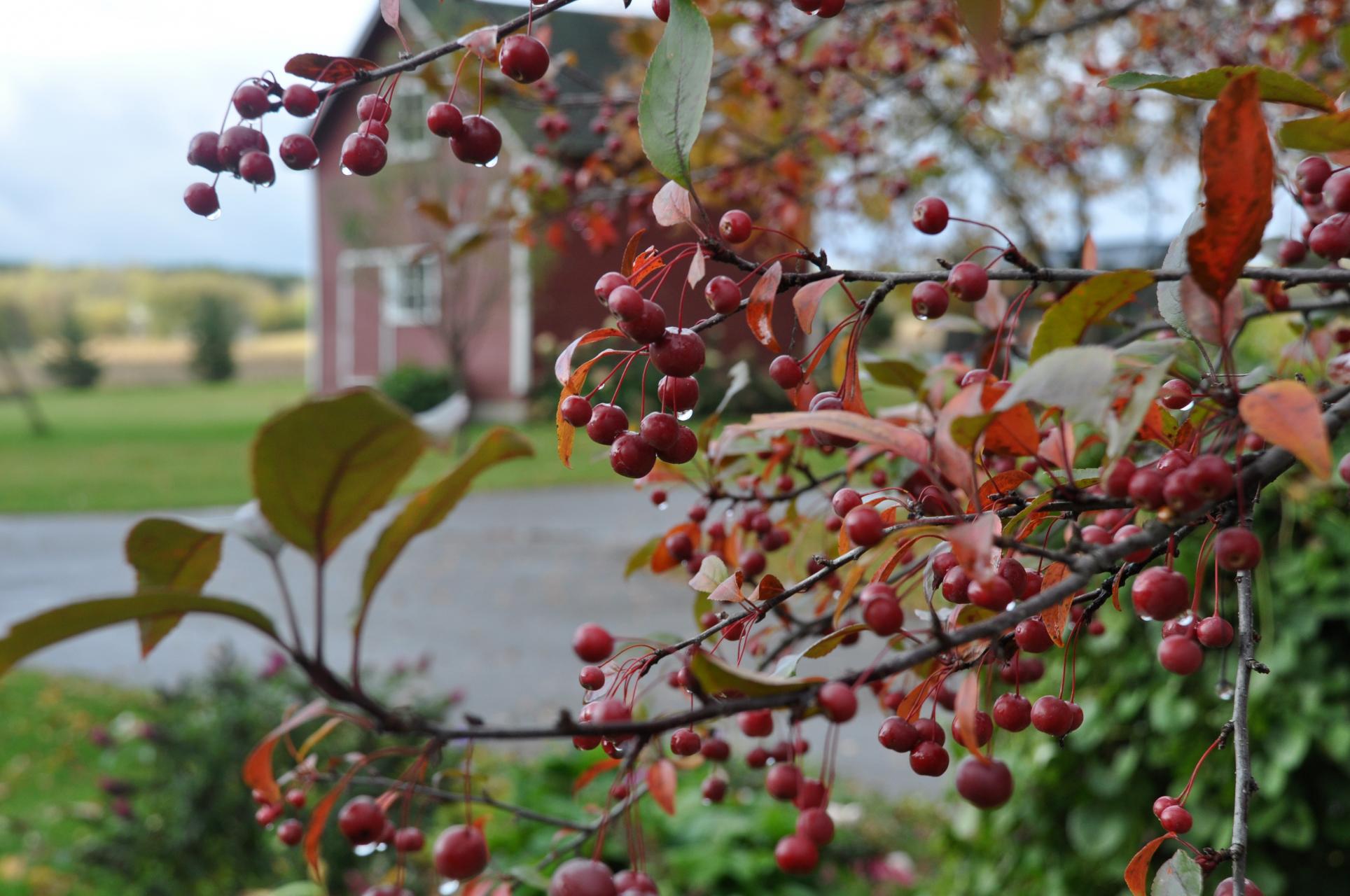Do All Crabapple Trees Produce Fruit?
Crabapple trees are popular ornamental trees known for their pretty spring blossoms and attractive foliage. But one thing that often surprises people is that most crabapples also produce fruit. So do all crabapple varieties bear fruit?
The short answer is no – there are some non-fruiting crabapple cultivars But most crabapples do produce fruit, albeit often tiny, bitter fruits. Let’s take a closer look at flowering versus fruiting crabapples
Flowering Crabapple Varieties
Many homeowners select crabapple trees solely for their ornamental qualities. They love the burst of color from crabapple blossoms in spring. The trees also provide nice structure and greenery during the growing season.
For landscape uses, some people prefer crabapples that don’t make messy fruits. Flowering crabapples fit the bill. These ornamental varieties focus on blossoms over fruit production. There are a few common non-fruiting crabapples:
-
‘Spring Snow’ – A popular fruitless crabapple with an upright, vase-shaped form. It has fragrant white flowers in spring.
-
‘Prairie Rose’ – Features double pink blossoms and maroon-tinted foliage. It is nearly sterile so sets little to no fruit.
-
‘Marilee’ – Bears pale pink flowers in spring followed by minimal fruit. It has an oval, spreading shape.
While these flowering crabapples produce few or no fruits, most other varieties do bear fruit.
Fruiting Crabapples
The majority of crabapple trees produce fruit, although the size and flavor varies. Botanically, a crabapple is defined as a small apple with fruits under 2 inches wide. But ornamental flowering varieties tend to have even tinier fruits.
Popular fruiting crabapples include:
-
‘Dolgo’ – A hardy, early blooming crabapple. It bears tart, red fruits over 1 inch wide.
-
‘Centurion’ – An upright, reddish-purple leaved crabapple. It has 1-inch red fruits good for jelly.
-
‘Sargent’ – Produces clusters of tiny yellow fruits under 0.5 inches wide. Good for birds.
-
‘Whitney’ – Bears pink-flushed white blossoms followed by large, yellow-green fruits.
While ornamental crabapples focus on flower power, fruiting varieties offer the bonus of a fruit crop. The harvest timing depends on your region – generally late summer into fall.
Crabapple Fruits Explained
So what are crabapples like? The fruits tend to be quite small and tart compared to domestic apples. Depending on the variety, crabapples may be:
- Tiny – Under 0.5 inches wide
Everything You Need To Know About Crab Apples!
FAQ
What crabapple trees don t produce fruit?
How long does it take for crabapple trees to produce fruit?
What crabapple trees are self pollinating?
What are the drawbacks to crabapple trees?
Do crabapples produce fruit?
Most people choose crabapples for their smaller size and for the pretty white or pink flowers that they produce in spring. Of secondary consideration is the fruit on a crabapple tree, but most will produce them. By definition, a crabapple is 2 inches (5 cm.) or less in dimeter, while anything larger is just an apple. When Do Crabapples Fruit?
Are crabapple trees hardy?
Crabapple trees are great ornamental choices for a variety of settings, and most are hardy across a wide climate range. Most people choose crabapples for their smaller size and for the pretty white or pink flowers that they produce in spring. Of secondary consideration is the fruit on a crabapple tree, but most will produce them.
Are crabapples bigger than apples?
Crabapples are much smaller fruits than regular apples and generally have a tarter taste compared to regular apples. Crabapple trees produce fruits that are generally up to 2” (5 cm) in diameter. Traditional apple trees produce fruits that are larger than 2” (5 cm) in diameter.
What kind of apples grow on a crabapple tree?
Royal Raindrops crabapple trees. Magenta-pink blooms appear in mid-spring on crabapples ‘Royal Raindrops.’ This crabapple species has unusual deeply-lobed leaves and produces tiny apple fruits. Lollipop crabapple trees. Spectacular white flowers spear in spring. This dwarf apple tree has upward growing branches and small amber-colored apples.

